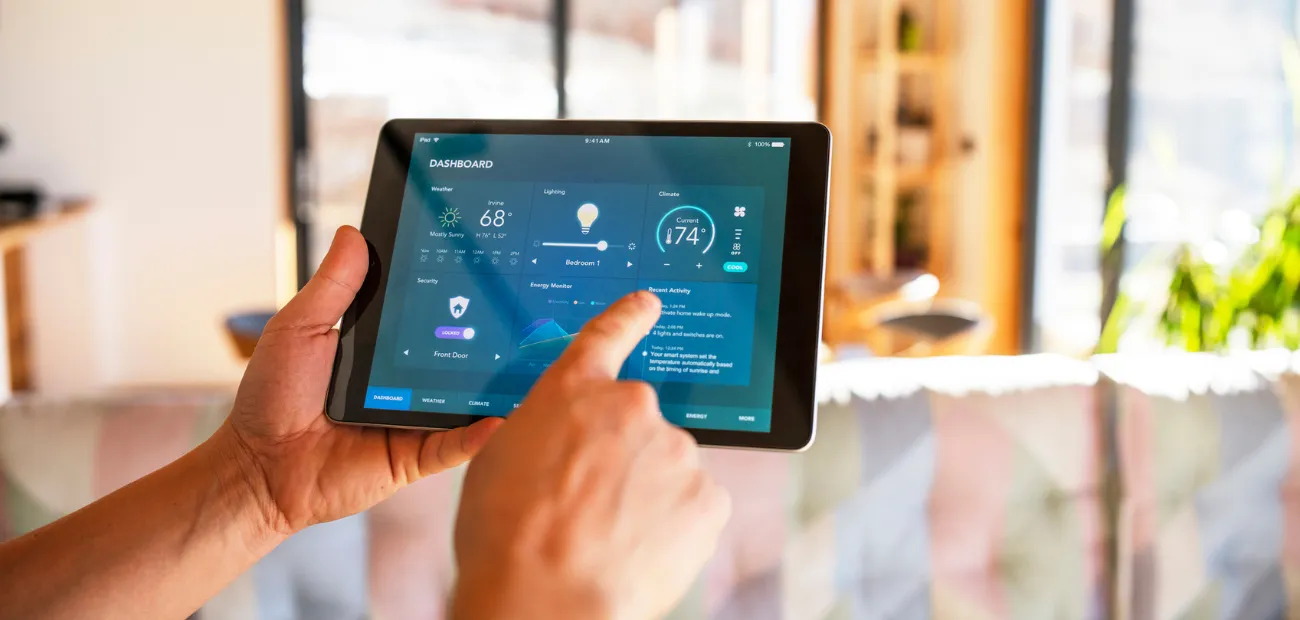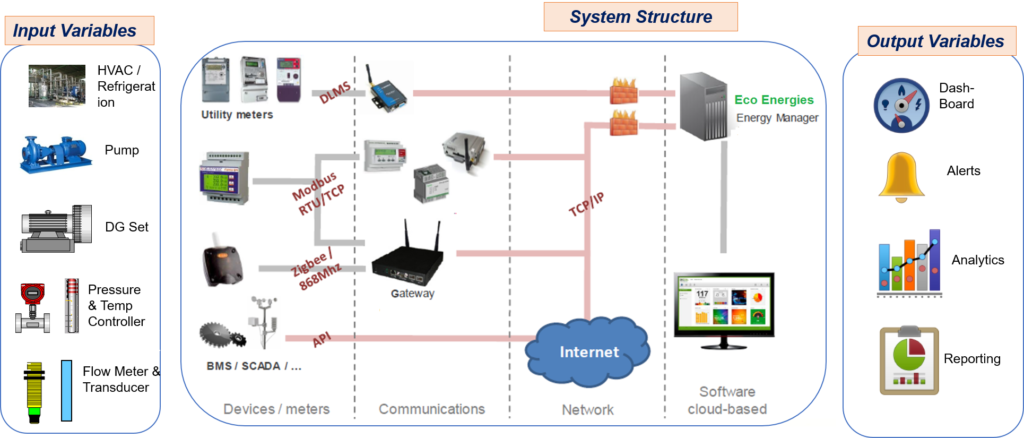
Smart Home Integration for Energy Efficiency: The Future of Sustainable Living
Smart homes intelligently manage energy use, saving money and reducing waste.Picture this: You come home after a long day at work, only to find that you've left the lights on, the air conditioning blasting, and your smart TV running. Sound familiar? The average American household wastes up to 30% of its energy consumption due to inefficient practices and outdated technology. But what if your home could manage its energy use intelligently, saving you money and reducing your carbon footprint? Welcome to the world of smart home energy management.
The Smart Home Revolution
Smart homes are no longer just a futuristic concept from sci-fi movies. They're here, and they're transforming the way we live and consume energy. At its core, a smart home uses Internet of Things (IoT) devices to automate and optimize various household functions, including energy usage. These interconnected devices communicate with each other and with you, creating a seamless ecosystem that maximizes efficiency and comfort.
Key Players in Smart Energy Management
Smart Thermostats: The Temperature Tamers
Smart thermostats like Nest and Ecobee are the unsung heroes of energy efficiency. These clever devices learn your schedule and preferences, automatically adjusting your home's temperature for optimal comfort and energy savings. Imagine your thermostat knowing to lower the heat when you leave for work and warm things up just before you return. That's the magic of smart thermostats, which can cut heating and cooling costs by up to 15% [1].

Intelligent Lighting: Illuminating Savings
Gone are the days of fumbling for light switches in the dark. Smart lighting systems allow you to control your lights remotely, set schedules, and even adjust brightness and color. LED smart bulbs use up to 75% less energy than traditional incandescent bulbs, and when combined with occupancy sensors, they ensure lights are only on when needed [2].
Energy-Efficient Appliances: The Smart Workhorses
From refrigerators that alert you when the door is left open to washing machines that optimize water usage based on load size, smart appliances are revolutionizing household chores. These devices not only make your life easier but also significantly reduce energy waste.
Smart Power Management: Tackling Vampire Energy
Did you know that many devices continue to draw power even when turned off? Smart power strips and outlets combat this "vampire energy" by completely cutting power to devices in standby mode. Some can even be controlled remotely, allowing you to turn off forgotten appliances from your smartphone.
The Brains of the Operation: AI and Machine Learning
Artificial Intelligence is the secret sauce that takes smart homes from cool to truly intelligent. AI algorithms analyze your energy usage patterns, weather forecasts, and even electricity prices to optimize your home's energy consumption. For example, your smart home system might decide to run your dishwasher during off-peak hours when electricity is cheaper, or adjust your HVAC system based on predicted weather changes.
Harnessing the Sun: Smart Solar Integration
For the ultimate in energy efficiency, many homeowners are integrating solar panels with their smart home systems. Smart solar setups can automatically direct excess energy to home battery storage systems like the Tesla Powerwall, ensuring you have power even during outages. These systems can also intelligently decide when to use solar power, stored energy, or grid electricity based on current usage and energy prices.
Keeping Tabs: Home Energy Monitoring
Knowledge is power, especially when it comes to energy consumption. Home energy monitoring systems provide real-time data on your energy usage, helping you identify energy hogs and adjust your habits accordingly. It's like having a personal energy coach right in your home!

The Central Command: Smart Home Hubs and Voice Assistants
Imagine being able to say, "Hey Google, set my home to energy-saving mode" and watching as your lights dim, thermostat adjusts, and unnecessary appliances power down. Smart home hubs and voice assistants like Amazon Alexa or Google Home make managing your home's energy use as easy as speaking a command.
The Bottom Line: Costs and Benefits
While the initial investment in smart home technology can be significant, the long-term savings are substantial. Homeowners can expect to see reductions of 10-30% on their energy bills, depending on the extent of their smart home integration [3]. Plus, the environmental impact is significant – a smart home can reduce its carbon footprint by up to 13,000 pounds of CO2 annually.
Challenges and Considerations
Of course, no technology is without its challenges. Privacy concerns, compatibility issues between different smart systems, and the learning curve for less tech-savvy users are all hurdles to overcome. However, as the technology matures, these issues are being addressed with improved security protocols and more user-friendly interfaces.
The Future is Bright (and Efficient)
As we look to the future, the potential for smart home energy efficiency is boundless. From AI-powered energy trading systems that allow homes to buy and sell excess energy to neighbors, to smart windows that automatically tint to reduce heat gain, the innovations on the horizon are exciting.
Getting Started: Your Path to a Smarter, Greener Home
Ready to dip your toes into the world of smart home energy management? Start small – a smart thermostat or a few smart bulbs can make a significant difference. As you become more comfortable with the technology, you can gradually expand your smart home ecosystem.
In conclusion, smart home technology is not just about convenience; it's a powerful tool in the fight against energy waste and climate change. By embracing these innovations, we're not just creating more efficient homes; we're paving the way for a more sustainable future. So, are you ready to make your home work smarter, not harder?
Sources
- https://www.hdlautomation.com/Articles_100000160479646.html
- https://www.iot-now.com/2024/04/22/144080-smart-home-technology-saves-money-and-helps-protect-the-planet/
- https://www.jswonehomes.com/blogs/Sustainability/smart-homes-a-sustainable-way-of-life
- https://solar.lubielectronics.com/solar-energy-and-smart-homes-integrating-clean-tech-for-a-sustainable-future/
Revitalizing Senior Living: Unique Tips for Enhanced Comfort and Safety






Comments
No comments yet. Be the first to comment!
Leave a Comment